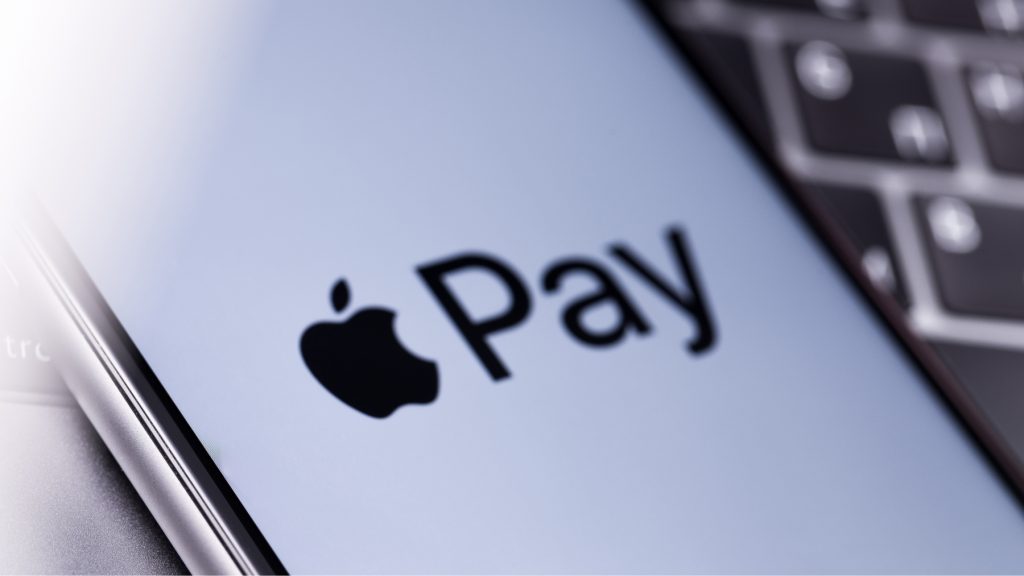
U.S. District Judge has partially denied Apple’s attempt to dismiss a class action lawsuit, alleging monopoly over the mobile wallet market with its iPhone wallet, Apple Pay.
- Apple’s alleged monopoly stems from its control over Near Field Communication (NFC) technology.
- The judge partially grants the credit unions’ claims, emphasizing high fees and exclusionary practices.
On September 27th, U.S. District Judge Jeffrey White partially denied Apple‘s request to dismiss a proposed federal class action lawsuit over Apple Pay.
Back in July 2022, Illinois’ Consumers Co-op Credit Union, and Iowa’s Affinity Credit Union and GreenState Credit Union proposed a class action lawsuit against Apple. They allege that the company violated the Sherman Antitrust Act by abusing its dominance in the mobile wallet market.
Apple has allegedly created a monopoly by restricting access to its Near Field Communication (NFC) technology, effectively making Apple Pay the exclusive option for tap-and-pay transactions on iOS devices. These restrictions have allegedly led to artificially inflated fees and hindered competition. The credit unions also claim that Apple’s tight integration of Apple Pay into its ecosystem “coerces” users into using its digital wallet for tap-and-pay transactions.
The lawsuit raises additional concerns about payment limits. Unlike traditional contactless cards, Apple Pay requires user authentication, such as Face ID or Touch ID, making them more secure. However, this also means that Apple Pay is not subject to the same transaction limits as contactless cards, potentially enabling larger purchases.
According to the order, the judge granted, in part, and denied, in part, Apple’s motion to dismiss the suit. He agrees with the credit unions that Apple Pay’s fees are excessively high. He also found that the company has been exclusionary by not allowing other digital wallets to access its NFC-scanning hardware. The judge then emphasized that the lack of NFC access for third-party apps appears anticompetitive.
Apple’s enterprise isn’t the only Big Tech company that world governments have been scrutinizing in the last couple of years. The list also includes Amazon, Meta, and Microsoft, just to name a few. The allegations range anywhere from price fixing to predatory pricing. We’ve been doing the same song and dance since the Internet started generating money. It has gotten to the point where some are calling for the breakup of Big Tech conglomerates (like Google) to give rising businesses a fighting chance in different markets. Will whatever comes out of these suits change anything for the giants? Or will they just find other ways to protect their bottom line?
Apple and the credit unions are scheduled to meet in court on December 1st to further address these allegations. The outcome could have significant implications for the digital payments industry and how Apple operates its ecosystem.
Inside Telecom provides you with an extensive list of content covering all aspects of the tech industry. Keep an eye on our Tech sections to stay informed and up-to-date with our daily articles.